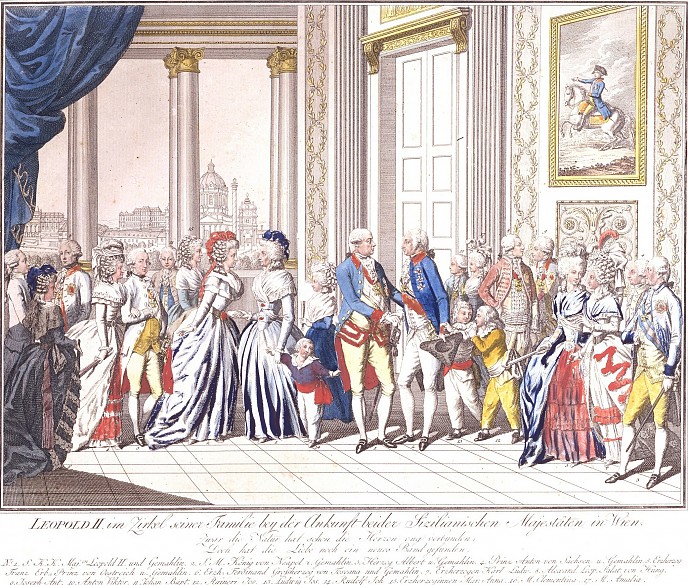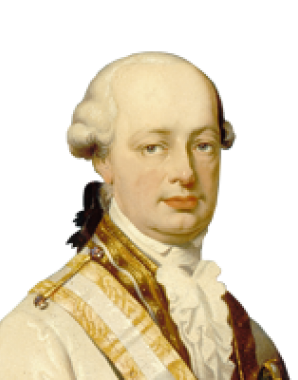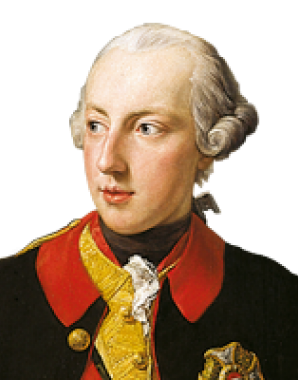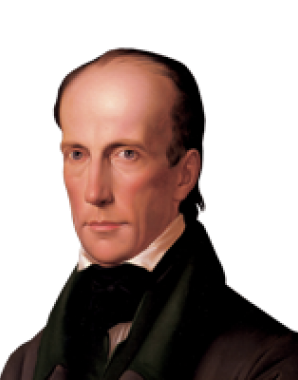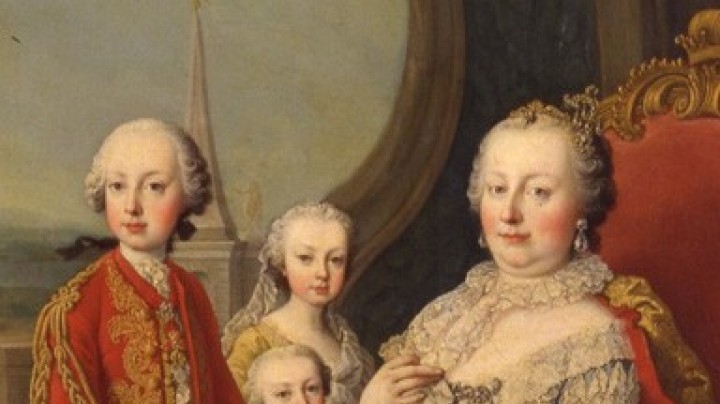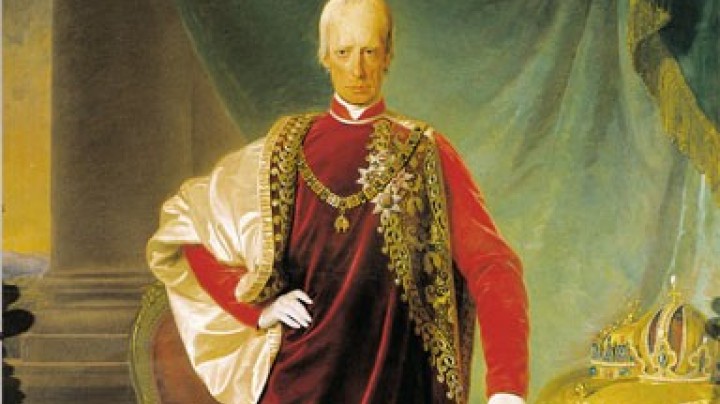The short-term emperor and would-be reformer: Leopold II
Emperor Leopold II, who was only granted two years in office, has difficulty cutting a figure amongst the ‘great’ rulers of the eighteenth century.
Emperor Leopold II after his accession on the situation in FranceI have a sister who is queen of France, but the Holy Empire has no sister and nor does Austria. I may act only as is demanded by the welfare of the peoples and not in accordance with family interests.
Leopold II on his political principles in a letter to his sister Marie ChristineIt is my belief that the sovereign, even an hereditary one, is only the delegate and agent of the people for whom he is in office and that they should be the object of all his care and work; and I believe that every country should have a fundamental law or contract between people and sovereign that limits the latter’s power.
Leopold II stands very much in the shadow of his brother Joseph II, whom he succeeded on the imperial throne in 1790 but only outlived by two years. As in the case of Joseph I, who held office for six years at the beginning of the eighteenth century, the brevity of Leopold’s reign as emperor has led to his being accorded little attention by historians.
Further afield in Europe he has gained a greater name through his occupancy of a prior ruling office: until 1790 he was Grand Duke of Tuscany, having succeeded his father Franz Stephan in 1765. In this function Pietro Leopoldo earned ample praise from his contemporaries and became famous as the ‘philosopher on the throne’. For certain historians, who consider him to have been the ‘first constitutionally minded ruler’ in the history of Europe, he is even regarded as exemplar of democracy. Internationally – particularly in Italy – great recognition has been paid to his projects for a constitution in Tuscany, with monuments being erected to his memory in a number of different towns and cities. In Austria, by contrast, he is hardly known at all.
As long as he was Grand Duke of Tuscany, Leopold still to some extent had an open mind about the French Revolution. When he became Roman-German emperor, however, he was compelled him to change his attitudes. There was strong anti-French feeling in the Vienna of the time, where foreigners were subjected to surveillance and in some cases deported. In 1791 Leopold sent a circular letter appealing to the courts of Europe to give assistance to the French monarchy – though not least among his reasons for so doing will have been the fact that his sister Marie Antoinette was married to Louis XVI and thus herself queen of France.
Leopold differed clearly from most members of his family in his view of the dynasty’s tasks and is sometimes even referred to as the ‘only constitutionally-minded Habsburg’. Such habits of mind exerted an influence on at least one of his sons, namely, Archduke Johann.
